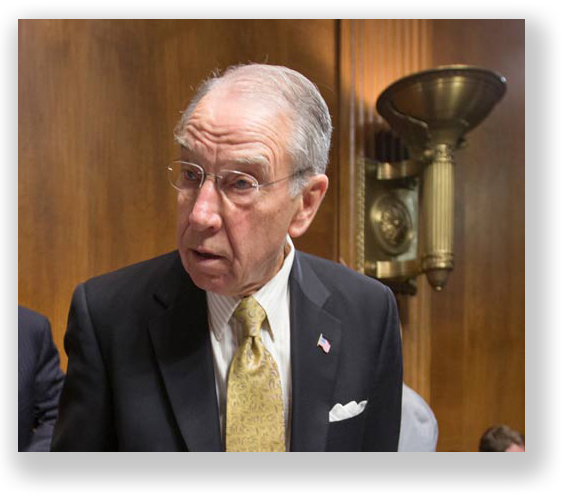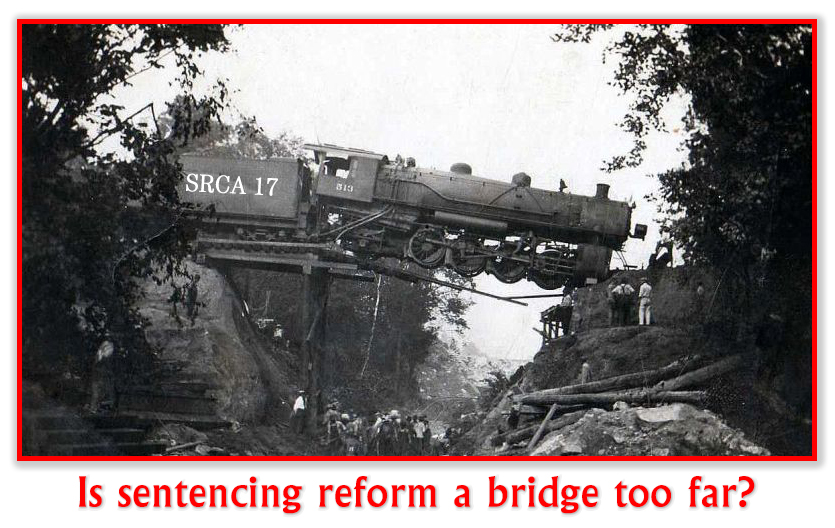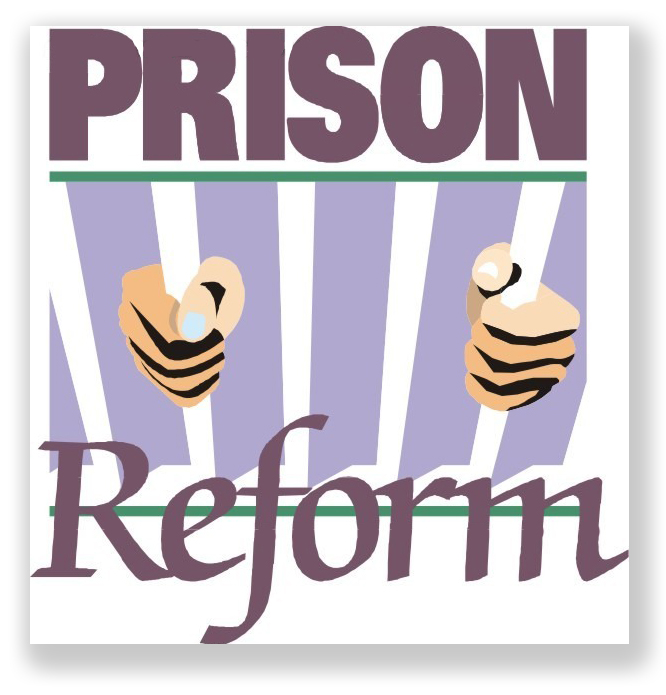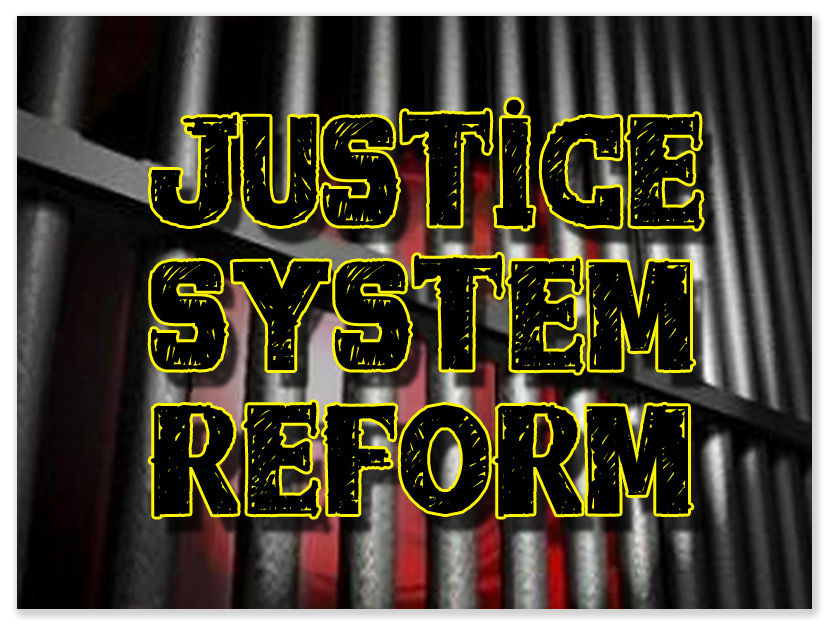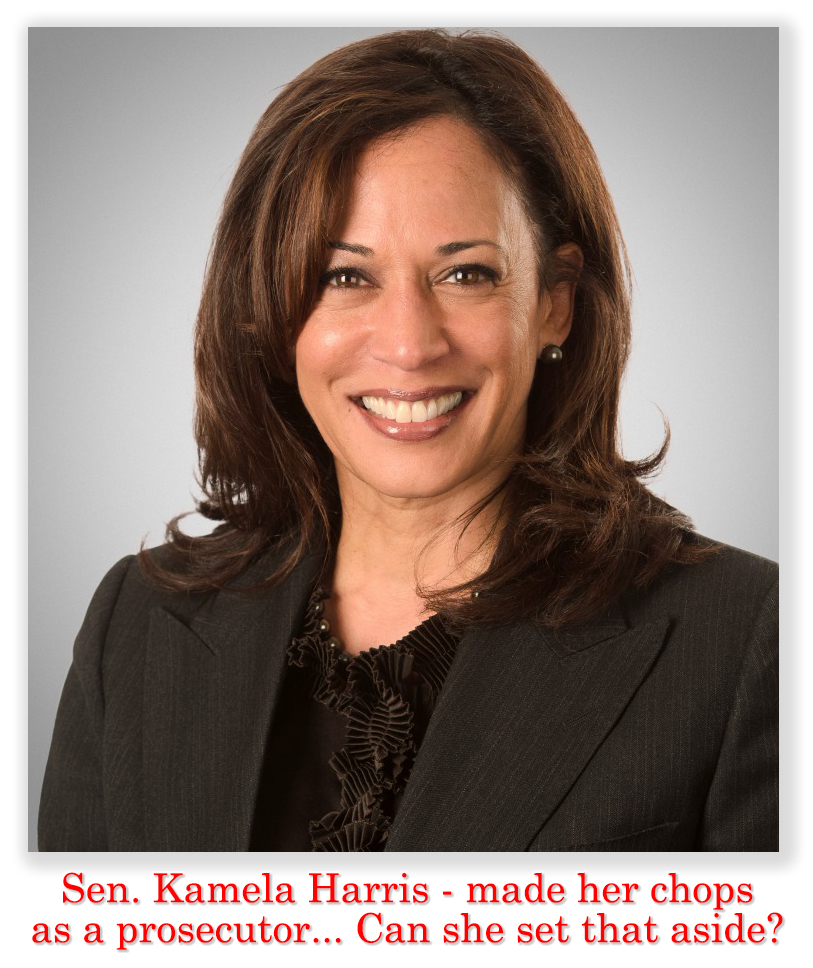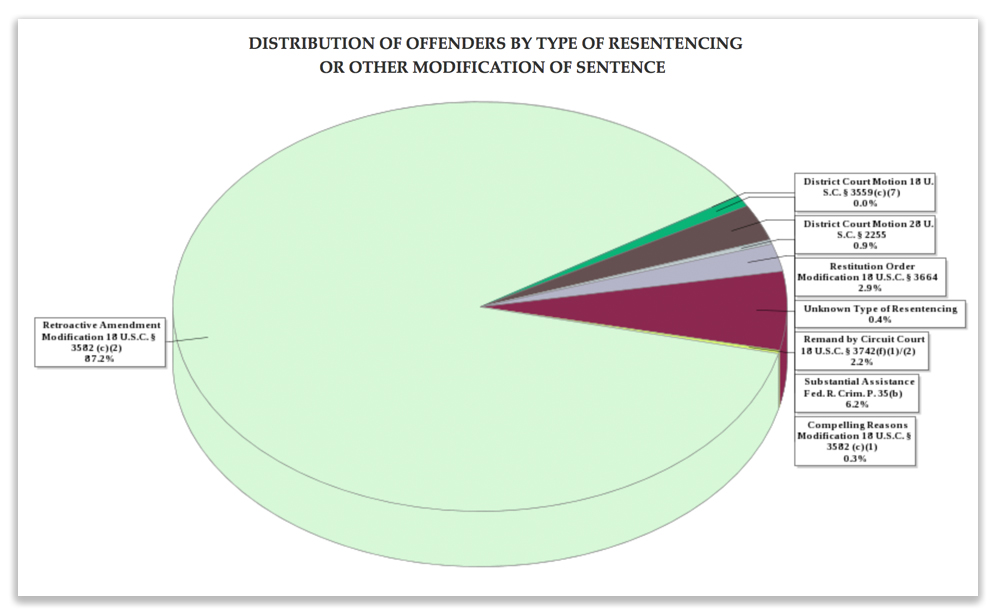We post news and comment on federal criminal justice issues, focused primarily on trial and post-conviction matters, legislative initiatives, and sentencing issues.
FUTURE OF THE FIRST STEP ACT IS FAR FROM CLEAR
 Supporters of a federal criminal justice system overhaul seemed well on their way to victory after the FIRST STEP Act breezed through the House last week on an impressive bipartisan vote. The Act, H.R. 5682, has strong administration backing, including the fingerprints of Jared Kushner, the presidential adviser and son-in-law. It has some important Senate supporters. But a lot of informed people are still predicting that neither the FIRST STEP Act nor any other criminal justice reform bill will pass the Senate this year.
Supporters of a federal criminal justice system overhaul seemed well on their way to victory after the FIRST STEP Act breezed through the House last week on an impressive bipartisan vote. The Act, H.R. 5682, has strong administration backing, including the fingerprints of Jared Kushner, the presidential adviser and son-in-law. It has some important Senate supporters. But a lot of informed people are still predicting that neither the FIRST STEP Act nor any other criminal justice reform bill will pass the Senate this year.
First, senior Senate authors of the long-stalled Sentencing Reform and Corrections Act, S.1917 – including Senate Judiciary chairman Charles Grassley (R-Iowa), are steadfastly opposed to FIRST STEP. They consider it an insufficient half-measure for its focus on prison programs without changes in federal sentencing laws. Plus, Grassley is still smarting from his inability to pass SRCA last year, and he says he’s not going down without a fight.
Second, Senate Majority Leader Mitch McConnell (R-Kentucky) is highly unlikely to try to move the bill through the Senate as long as Grassley is opposed to it, according to Republican senators and aides. They say McConnell, who is not that keen on criminal justice legislation in general, is definitely uninterested in circumventing his Judiciary Committee chairman and provoking an intra-party fight that would eat up weeks of floor time. A Republican senator said flatly of McConnell’s view of the bill right now: “It’s not on the priority list.” If McConnell decides not to bring the bill to a vote, no one can force him to do so.
 Third, impressive groups of opponents to FIRST STEP are lining up on both sides of the aisle. Attorney General Jefferson Beauregard Sessions III Sessions, a former senator himself, opposes SRCA and is lukewarm about FIRST STEP. And even the narrower FIRST STEP bill will probably face opposition on the right from Sessions’ allies, like Senator Tom Cotton (R-Arkansas), who once memorably said America has an “under-incarceration problem” and is reportedly stirring up opposition to FIRST STEP among law enforcement groups.
Third, impressive groups of opponents to FIRST STEP are lining up on both sides of the aisle. Attorney General Jefferson Beauregard Sessions III Sessions, a former senator himself, opposes SRCA and is lukewarm about FIRST STEP. And even the narrower FIRST STEP bill will probably face opposition on the right from Sessions’ allies, like Senator Tom Cotton (R-Arkansas), who once memorably said America has an “under-incarceration problem” and is reportedly stirring up opposition to FIRST STEP among law enforcement groups.
At the same time, FIRST STEP is opposed by some civil-rights groups, former Attorney General Eric Holder, and a coalition of leading Senate Democrats, including Richard Durbin (D-Illinois), Cory Booker (D-New Jersey), and Kamala Harris (D-California). In a letter last week, the senators said FIRST STEP would be “a step backwards” and that prison reform would fail if Congress did not simultaneously overhaul the nation’s sentencing laws. Also signing the letter were Representatives Sheila Jackson Lee (D-Texas) and John Lewis D-Georgia).
 Last Wednesday, a group of senators asked McConnell for a last-ditch negotiation session to seek an acceptable compromise. SRCA backers fear this may be the only chance for years to come to pass major criminal justice reform. “You don’t get many opportunities around here to do anything meaningful or substantive,” said Durbin, a chief author of the sentencing provisions. “Let’s not waste this one. Let’s get this right.”
Last Wednesday, a group of senators asked McConnell for a last-ditch negotiation session to seek an acceptable compromise. SRCA backers fear this may be the only chance for years to come to pass major criminal justice reform. “You don’t get many opportunities around here to do anything meaningful or substantive,” said Durbin, a chief author of the sentencing provisions. “Let’s not waste this one. Let’s get this right.”
Although Trump supports FIRST STEP, it’s unclear how he would react if Congress sent him a bill that included SRCA-style sentencing reforms. A prison reform-only bill gives Trump what he wants: To look tough to his base by not budging on sentences while also showing evangelicals he believes in “second chances.” Adding sentence reform might be too much for him.
New York Times, Why some senators who want a criminal justice overhaul oppose a prisons bill (May 26, 2018)
New York magazine, Can Kushner’s Patchy Prison-Reform Bill Survive the Senate? (May 23, 2018)
The Marshall Report, Is The “First Step Act” Real Reform? (May 22, 2018)
Politico, Trump-backed prisons bill DOA in the Senate (May 21, 2018)
Senate Judiciary Committee release, For criminal justice bill to pass the Senate, it must include sentencing reform (May 22, 2018)
The Atlantic, Democrats Split Over Trump’s Prison Pitch (May 23, 2018)
– Thomas L. Root




